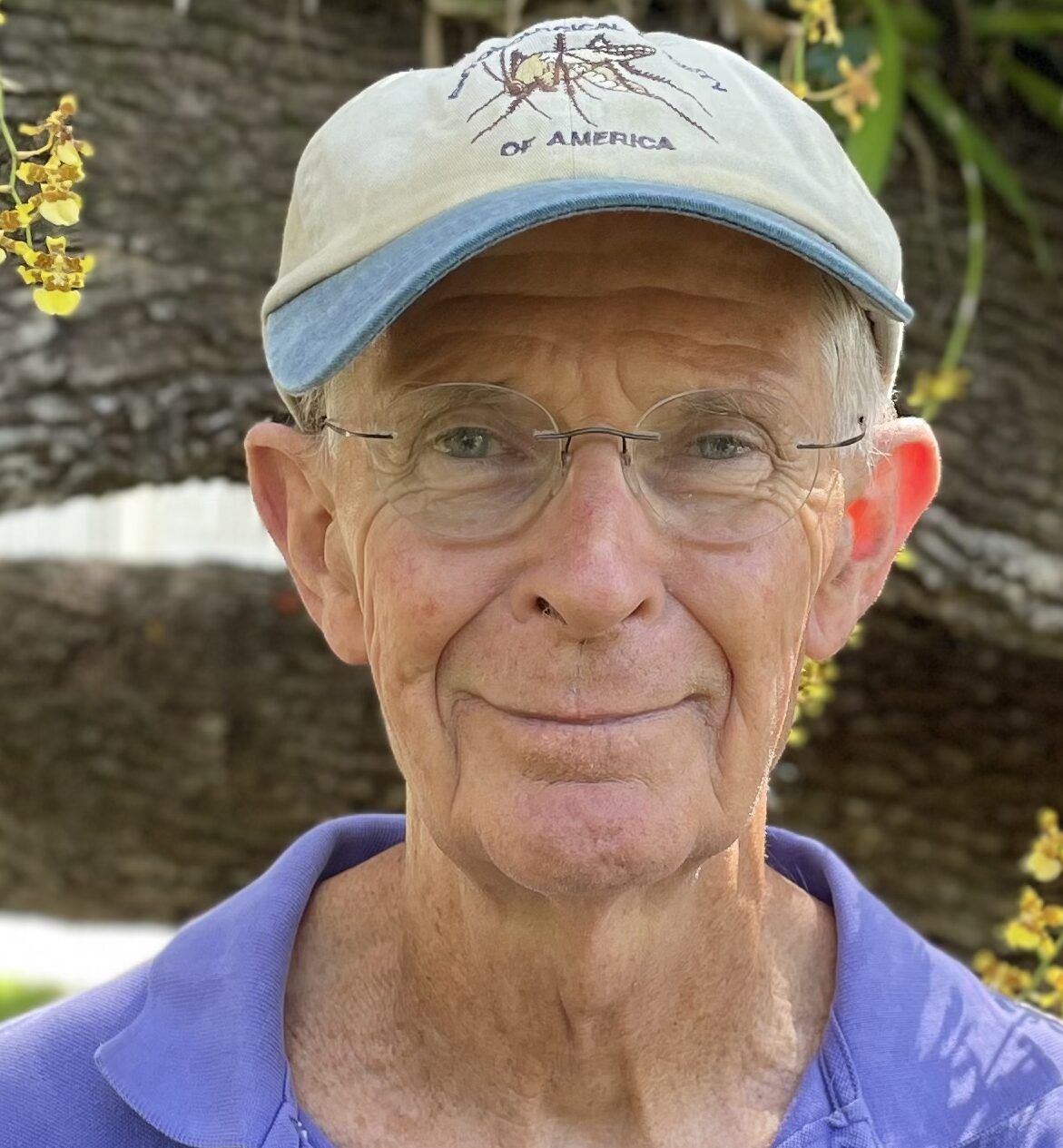
93rd Annual MVCAC Conference & Exhibitor Showcase
REGISTRATION IS OPEN!
Oakland Marriott
1001 Broadway, Oakland, CA 94607
January 26–29, 2025
Join us in Oakland!
Don’t miss your chance to join the MVCAC 93rd Annual Conference! This year’s event is packed with cutting-edge insights on mosquito control innovations, hands-on workshops, networking opportunities, and DJ dancing and karaoke at our Tuesday evening banquet! From expert-led plenary sessions to interactive exhibits, this is your opportunity to gain actionable knowledge, build valuable connections, and contribute to a healthier, more hospitable world.
The Mosquito and Vector Control Association of California (MVCAC) is thrilled to host its 93rd Annual Conference, bringing together industry leaders, researchers, and professionals dedicated to safeguarding public health. This year’s theme, “Vector Control – A Path to a More Hospitable World,” underscores our commitment to innovation, collaboration, and impact.
What to Expect:
- Engaging Keynotes and Plenaries: Dive into the latest insights on mosquito ecology, generative AI in vector control, and security in drone-based applications.
- Concurrent Sessions: Learn practical strategies ranging from media communication techniques to advanced vector surveillance and innovative mosquito control trials.
- Networking Opportunities: Connect with peers at our Welcome Reception, Exhibit Hall, and social events.
Highlights of the Agenda:
- Sunday, January 26: Kickstart the conference with the MVCAC Outrunning Mosquitoes 5K, followed by a welcome reception in the Exhibit Hall.
- Monday, January 27: Discover the future of mosquito control with talks on generative AI, dengue prevention strategies, and expert-led discussions.
- Tuesday, January 28: Explore specialized tracks on resistance management, invasive species, and data visualization tools. In the evening, don’t miss the Banquet & Evening Program—a night to celebrate and unwind. Enjoy a delicious dinner followed by lively entertainment featuring a DJ and karaoke. Bring your best singing voice, dance moves, and plenty of energy for a night of fun and camaraderie!
- Wednesday, January 29: Conclude with the MVCAC Board of Directors meeting.
Whether you’re a seasoned professional or new to the field, this conference offers an unparalleled opportunity to stay ahead in vector control innovations and connect with the community driving change. We hope to see you in Oakland!
2025 MVCAC Plenary Speaker announced
Monday morning, January 27
Historical and Personal Reflections on Mosquito Ecology and Control
Phil Lounibos, PHD

Bio:
A sixth-generation Californian, Phil Lounibos grew up on a chicken farm in Petaluma. He attended the University of Notre Dame, where he was introduced to mosquito research in the lab of the late George Craig. After a PhD in biology at Harvard University, as a postdoctoral fellow at the Mosquito Biology Unit of the International Centre for Insect Physiology and Ecology, he oversaw the first trials for genetic control of Aedes aegypti on the Kenya coast and performed independent research on other East African container mosquitoes. From 1977-2017, from the Florida Medical Entomology Laboratory he conducted in both Florida and South America ecological, behavioral, and physiological studies on a wide range of mosquito species. The ecology of invasive mosquito species, especially Ae. aegypti and Aedes albopictus, and mechanisms of displacement and segregation, were major themes of his final two decades of research at FMEL, funded by NIH. Lounibos mentored numerous graduate students and postdocs as a faculty member of the University of Florida.
Questions? Please reach out to Senior Meeting Manager, Rachel Hickerson at rhickerson@amgroup.us.
 |
 |
 |
 |
 |
|||
|
Contact Senior Meeting Manager |
